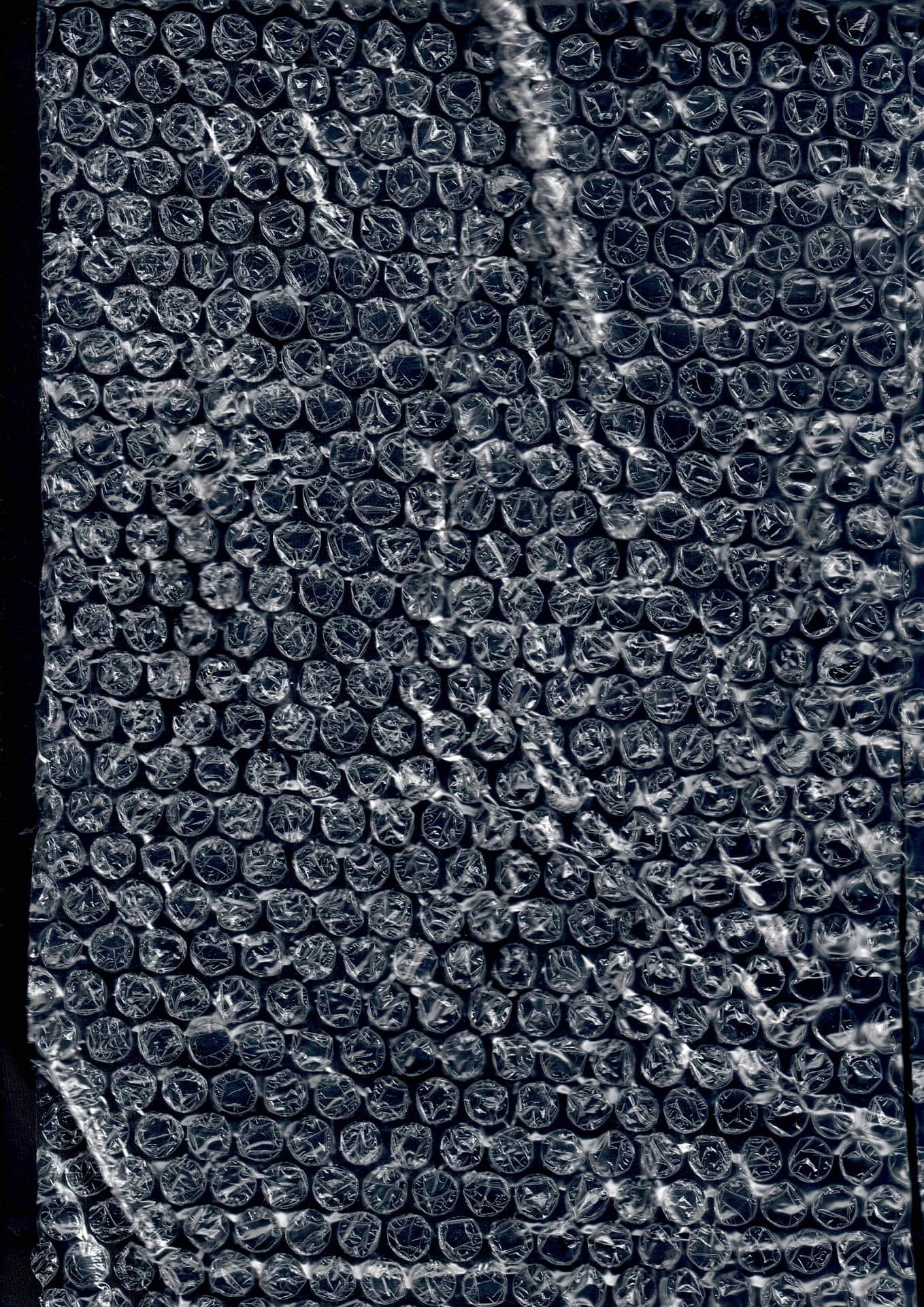Gautam Ramnath, Executive Director of the Ida C. & Morris Falk Foundation; Tiphaine Pham, Strategic and Program Advisor of the Ida C. & Morris Falk Foundation
While the COVID pandemic has led to a welcome, positive, yet short-term reprieve for the environment – with reductions in global greenhouse gas emissions, water pollution and the like – evidence continues to mount for the considerable increases to the rate of plastics consumption occurring during the same period. Driven by lowered petroleum demand, drops in oil prices, increased COVID-protocol related demand for single use plastics (SUP) and rising usage of disposable personal protective equipment (PPE), the result has, in many ways, effectively offset or even reversed the impact of many of the global plastics waste directives initiated to date. Nations have had to prioritize immediate-term, health concerns over environmental impact, further exacerbating what we need to be accomplished globally.
Given the confluence of these circumstances, economies have the opportunity to utilize the means and methods inherent within a circular economy to build the requisite resilience required to weather the economic shocks on our horizon. More specific to the plastics pollution issue, the Ellen MacArthur Foundation proposes ten circularity related investment opportunities for policymakers and practitioners, big and small, to create systems-level change that can be both replicated and scaled globally.
How to take on a Goliath?
For our part in this effort, the Ida C. & Morris Falk Foundation (ICM Falk), is leveraging these circular, investment opportunities through innovative, locally driven and upstream solutions. Focusing on the early stages of the innovation lifecycle, ICM Falk seeks to ideate solutions that address plastics pollution (including the capacity building required for communities to ideate), test existing and new products and services firmly rooted in sustainable business models and build the networks necessary to scale successful solutions for greater impact.
As a private family foundation, ICM Falk’s contribution to building resilient economies in the post-COVID era, further build on the seminal, foundational work developed by the Ellen Macarthur Foundation and the Pew Charitable Trust by supporting innovative projects that leverage the below multiplying factors:
● Circular & Upstream
For ICM Falk, a great project is one that is tightly aligned with creating a circular and sustainable product/service in the upstream space of the plastics supply chain. Building a regenerative and closed-loop approach to packaging, textile, etc. is one of the most effective and sustainable methods to drastically reduce plastics production and in turn, plastics pollution.
● Local-Centric
Building new business models solely answering to circular logic is not sufficient. If traditional business sectors were able to catch onto the idea of localization early in during their global expansion to Asia during the 1990’s, the plastics innovation ecosystem could and must do better to create adequate solutions within a hyperlocal context. During trying times such as the COVID pandemic, a local-centric approach is often even more relevant in addressing the common global problem. ICM Falk wants to support solutions that have been created by and for local communities, through equitable partnerships, in order to ensure that circular solutions are adapted sustainably and remain in place long after our work is done.
● Co-impactful & Cross-Sector Focused
To reach the scale and eventual tipping point required for systems level change, working unilaterally is futile. To efficiently build innovative solutions, ICM Falk is approaching its partners collaboratively, across sectors, for co-impact. We are convinced that we can do a lot with a little when we combine forces – not just financially, but technically and experientially.
Further bolstering these circular, upstream, local and co-impactful solutions across various verticals – whether tourism, fashion, F&B and the like – are the foundation horizontal efforts of public awareness building, consumer behavior change and connecting global solutions with local practitioners and policymakers all seeking to move the needle towards systems level change.
The path to resilience
The pandemic has highlighted our systemic inefficiencies – our level of continued reliance on single-use plastics packaging, our underdesigned waste management systems and an overall lack of sufficient movement for the systems level change. We know that there is no silver bullet solution and working alone, no matter how many resources one may have, will not be enough. But, we know that our journey as a private foundation towards resilience in tackling this issue begins by utilizing the above framework and bringing together our intelligence, with that of practitioners, global corporates and local changemakers.
We call upon potential partners to reach out to us to co-build and co-fund sustainable solutions for systems-level change. Based on frameworks set out by seminal research and institutions long engaged on this issue, all organizations, big or small, have a role to play in transforming our current world into a more resilient and sustainable one. We cannot do this alone – we all have a part to play in building resilience.
Follow us on LinkedIn for ongoing updates on our journey towards Plastics Innovation and Circularity, and to learn about inspiring local and global innovations. You can always reach us at contact@icmfalkfoundation.org or send us a message on LinkedIn.
—-
About the ICM Falk Foundation
The Ida C. & Morris Falk Foundation is a private, 501c3 family foundation that seeks to support innovation, entrepreneurship and leadership that drives positive, equitable and sustained impact for the world’s communities and ecosystems. Building on the global commitment for the New Plastics Economy, the Foundation is now actively focused on innovative solutions that contribute to the reduction of plastics production, waste and pollution within Vietnam.
